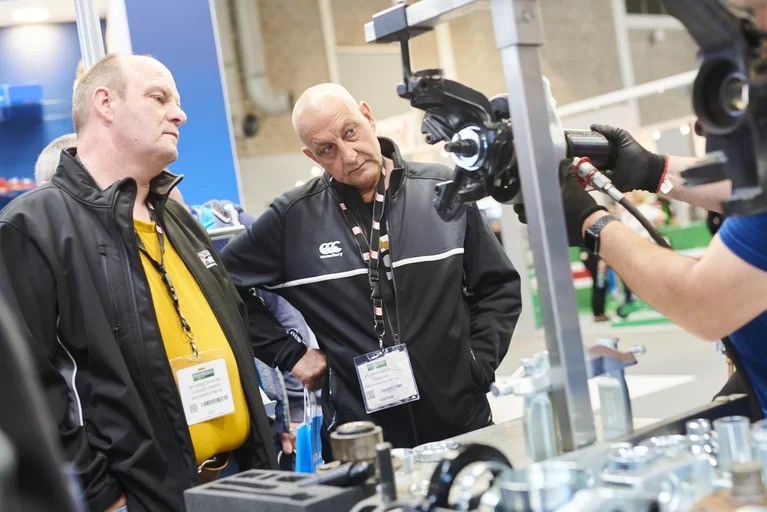
Spend your money wisely and the returns from training can be great, says John Genge
I talk to a lot of people about training, technical training, instructive training, management and other training. Opinion is divided with many seeing tangible and permanent benefits whilst others see it as a complete waste of time and money.
The span of opinions correlates strongly with their own personal attitudes to training, so it is worth looking closely at what factors appear to make training beneficial and what do not.
If you are not doing the following as part of your training programme, forget it, save your money and put up with average players.
1. What are you trying to achieve?
You should be doing staff appraisals. As part of that you can spot performance shortfalls, either in skills or knowledge. Many of these can be overcome with training, so a simple Training Needs Analysis summary, agreed and signed by all involved, will set out a plan and objectives.
2. Decide the best training route
You don’t necessarily have to send someone on a course. The internet may provide a solution, or a colleague may be able to help, but sometimes external training is the best approach. Be open to all, but agree the format with your staff.
3. Pre-training brief
This is crucial. As a manager you should formalise the T.N.A. to re-commit the need for the training, agree the outcomes and performance objectives and ask the team member if they have any worries or concerns. They should be excited about their training opportunity and you should give them encouragement by being equally enthusiastic.
4. Post training de-brief
Your interviewing skills, as well as your positive attitude, are needed here. Ask open-ended questions such as “What were the key points that you learned from this course?â€. “What are you going to do differently as a result of your training?†“What was the best thing/ worst thing about this course?†If the course was poor, or the objectives weren’t reached, contact the training provider straight away and raise your concerns. There is more likely to be a solution at an early stage and we all know that delegates can be frightened to ask questions in case they look ‘daft’.
5. Teach others
This is something you can try yourself. Learn a foreign word or an interesting fact. Tell this to 18 people and I guarantee you will remember it for good. The very best way to internalise knowledge is to share it with others. Get your trained people to prepare a short presentation to share with their peers. Just the key points are needed – the learning outcomes, why it is better that way and how they will implement their new skills into the job. This may sound terrifying to some, but with a little support from it’s easy and they actually get a buzz from the kudos they generate.
6. Practice
This is particularly relevant for technical training but applies to all skills. As soon as the person returns, get them to practice their skills quickly. There is nothing worse that trying to use a skill or process that you learned six months ago and are struggling to remember.
Even if this results in a little loss of efficiency it will pay dividends later on.
7. Review
The next appraisal can be used to once again review the effectiveness of the training. Did it achieve what you both wanted? Are the skills complete? What revision is required? And, of course, you start the T.N.A. all over again.
Some reading this will remain cynical, unconvinced or of the opinion that in “the real world†this is not relevant. For those of that point of view I can assure you of two things:
- I have never been one to waste my money on anything
- I do not tolerate mediocrity
Training is an investment every bit as much as a new vehicle or piece of equipment. Fail to treat it properly and it will be as useless as any dead expense.










Go to comments